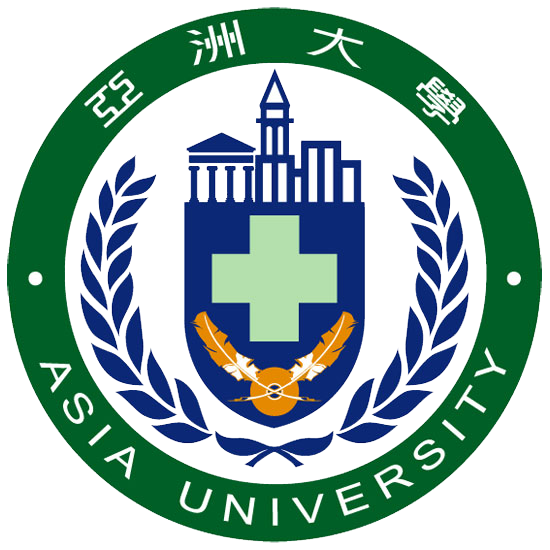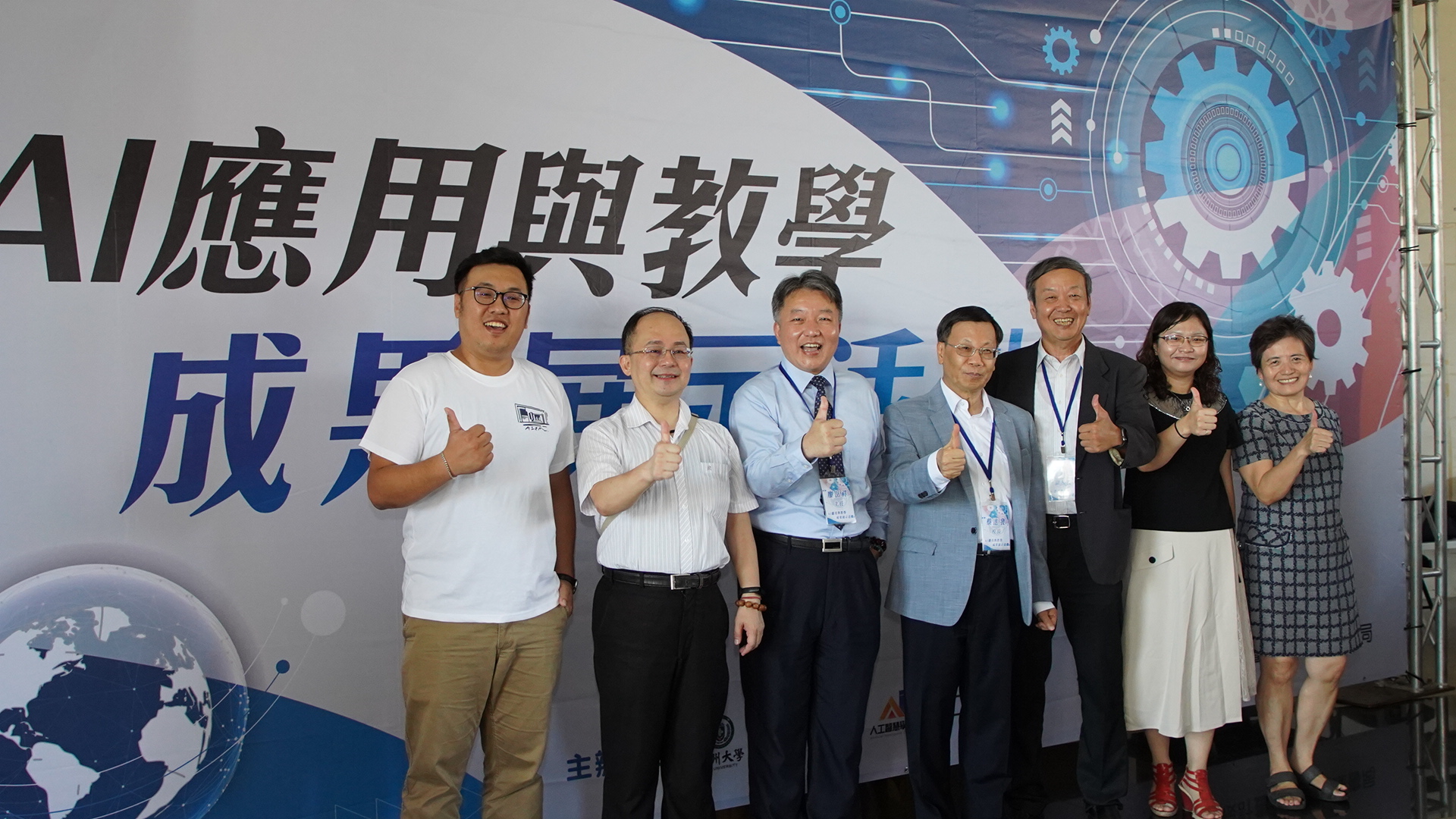The exhibition was held for three days, and the organizer arranged AI keynote speeches, teaching accomplishment demonstrations, barrier-breaking activities, and guided tours in the AI library.
Asia University (AU) held an “Exhibition of AI Application and Teaching Achievements” from September 16 for three days, incorporating AI keynote speeches, teaching accomplishment demonstrations, barrier-breaking activities, experiencing tours of the AI library. A total of 600 freshmen came to visit the event on the first day. The President of AU, Prof. Jeffrey J. P. Tsai, the Vice President and Dean of the AI College, Prof. Shian-Shyong Tseng, the Dean of the College of Nursing, Prof. Hua-Shan Wu, and the Head of the Department of M-Commerce and Multimedia Applications, Prof. Anthony Y. H. Liao, etc. visited the event site and interacted with the freshmen and exhibitors at the site in an enthusiastic atmosphere. Prof. Shian-Shyong Tseng, the Vice President of AU and Dean of the AI College, said that the “AI Application and Teaching Achievement Showcase and Breakthrough Activities” are a combination of the teaching accomplishments of the six colleges of AU and the research results of the project, “Achievements of Smart Breeding,” of Prof. Charles C. N. Wang at the Department of Bioinformatics and Medical Engineering. There are a total of 33 AI-related teaching and research results completed by the involved teachers and students. Through barrier-breaking activities, some freshmen of AU can enhance their understanding and application capabilities of AI achievements in various fields through interaction, question-and-answer (Q&A), and operation experiences.
The tours of AI library provided services like receiving and guiding guests, providing book consultations, promoting interaction events with intelligent commercial robots Miya and Zenbo, and leading the students into an “AI experience and practice workshop” to understanding the AI teaching applications. The workshop was exhibiting a “Smart Home,” and showed smart devices such as smart lights, TVs, and fans through voice-activated recognition to create a scene of smart life. Also exhibited was an “AI robotic arm and coffee machine” which used deep learning and identification techniques through 3D cameras and program coding to let the robotic arm making coffee; a “smart factory” which used Lego machinery to display cargos of fully automatic delivery, classification, and transportation, and to simulate the scene of AI entering the industrial generation to build Industry 4.0; and a “smart medical” which used machines of smart muscle strength and gravity balance for patients with strokes, multiple scleroses, muscle atrophy, etc. and healing methods through games to rehabilitate their bodies.
The organizer also held a lot of AI special lectures in the mean time, and lectures on the topics of AI, co-creation, medical treatment, and smart industry with several departments at AU to help the students understand the future courses of learning and development. The AI-USR project of AU and the AI precision medicine research center held jointly a mid-term presentation of the research results of “Smart Aquaculture Technology Introduction” as well in the workshop. This project is led by Prof. Charles C. N. Wang from the Department of the Bioinformatics and Medical Engineering. Prof. Wang led his team mainly in the Beimen District of Tainan City through the introduction of technology, assisting local aquaculture farmers to increase production by 20% and reduce costs by 10%. AI technology can keep up with the local real estate industry, assist local development, and fulfill social responsibilities. The research results were highly praised by President Jeffrey J. P. Tsai in his speech given in the workshop.
|

 OFFICE OF ACADEMIC AFFAIRS-Student Internship and Learning Guidance Division
OFFICE OF ACADEMIC AFFAIRS-Student Internship and Learning Guidance Division
